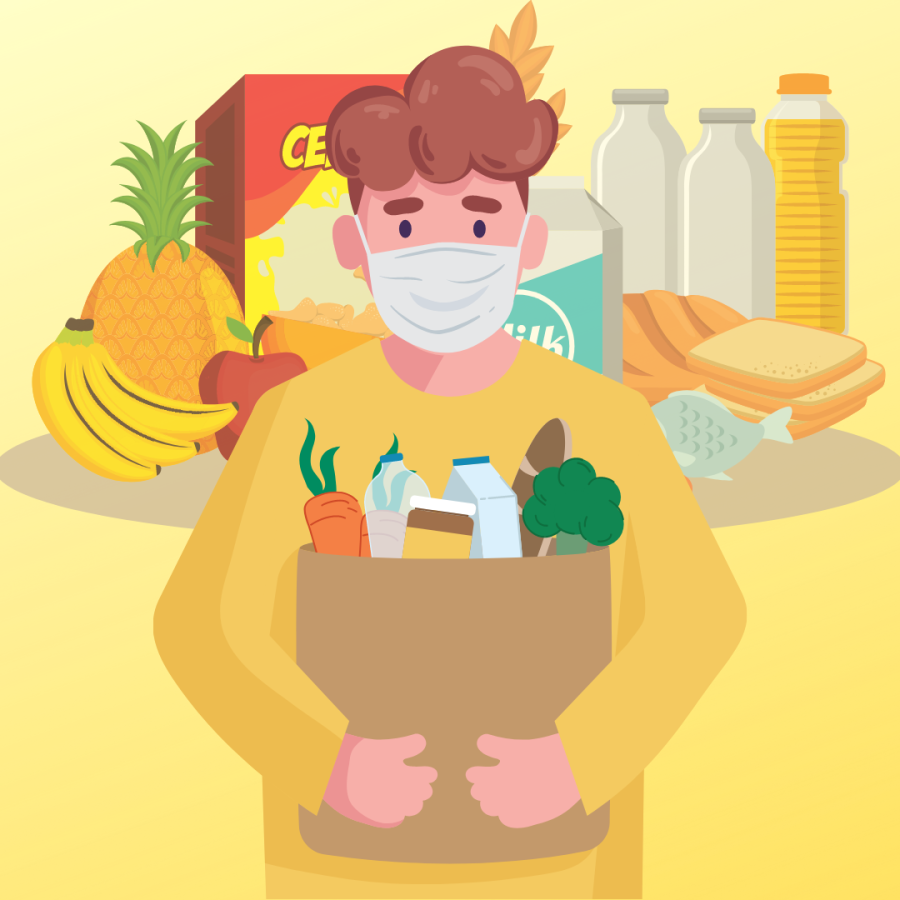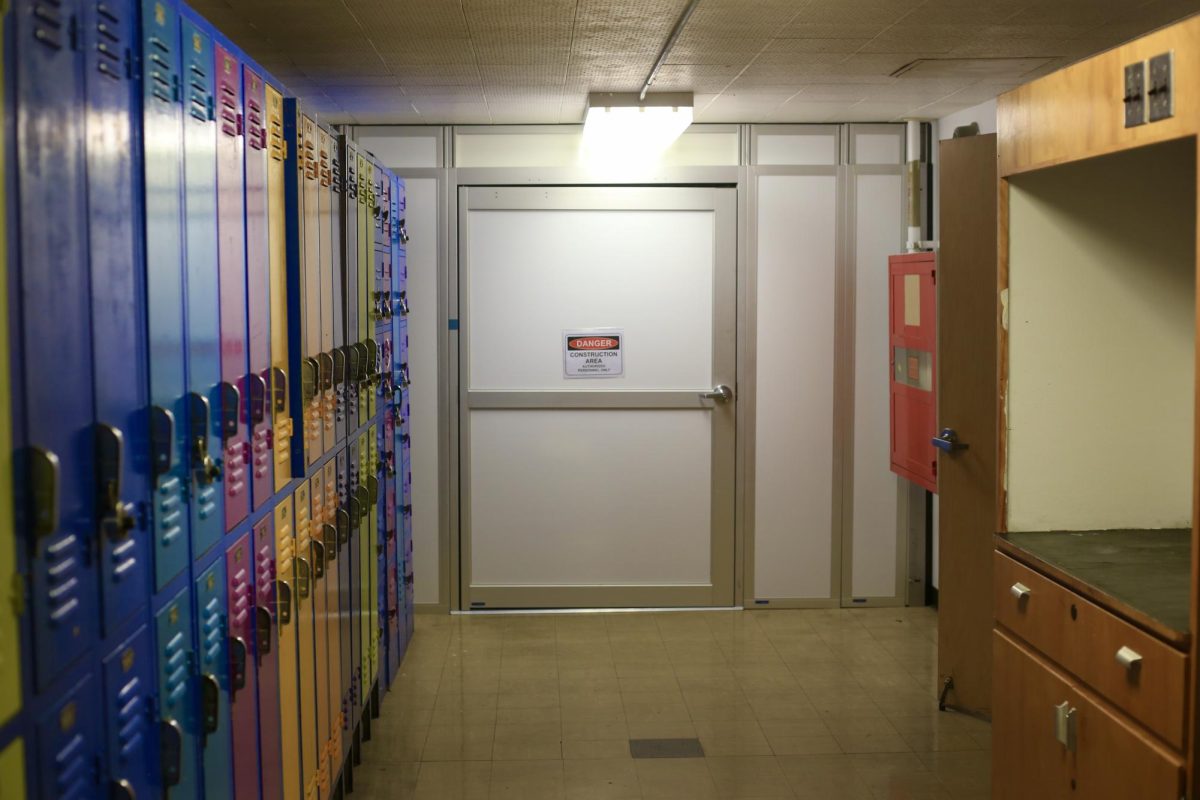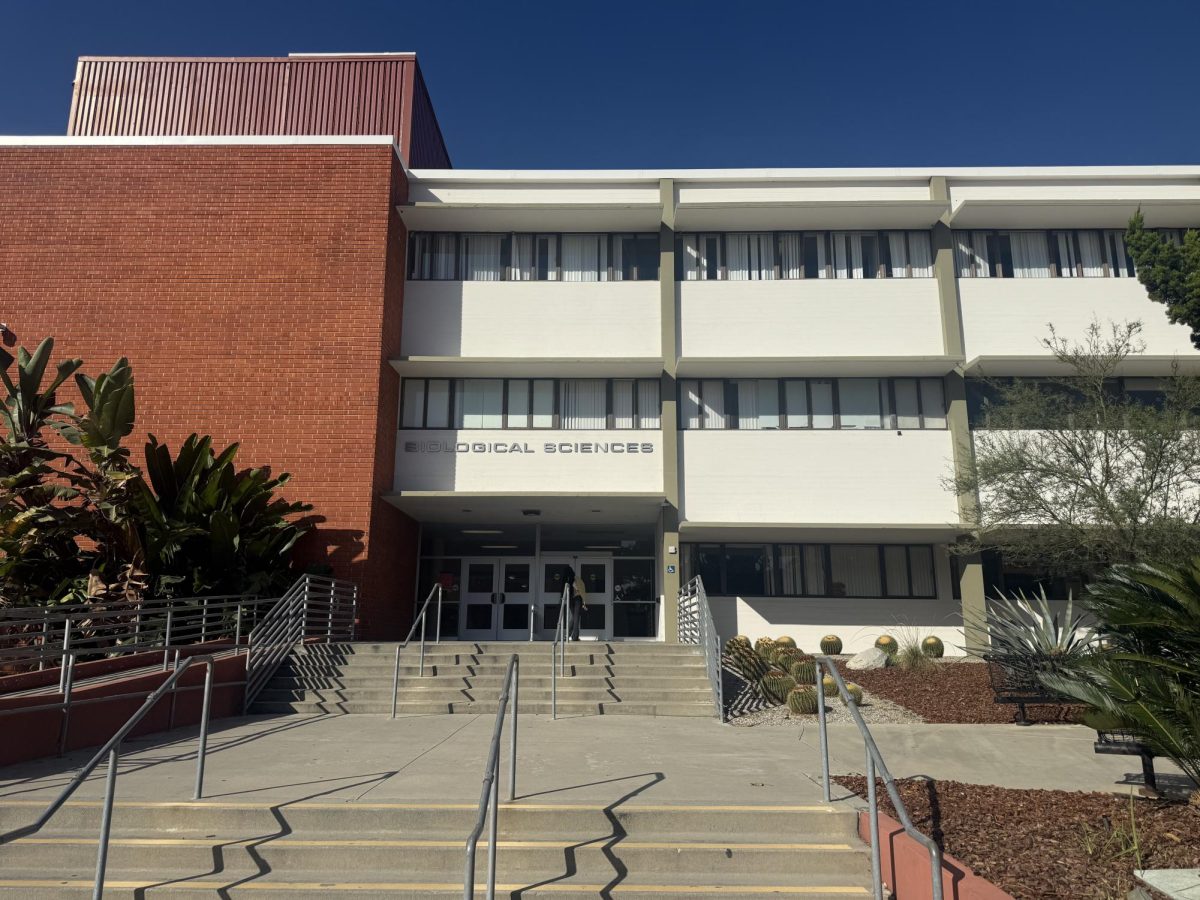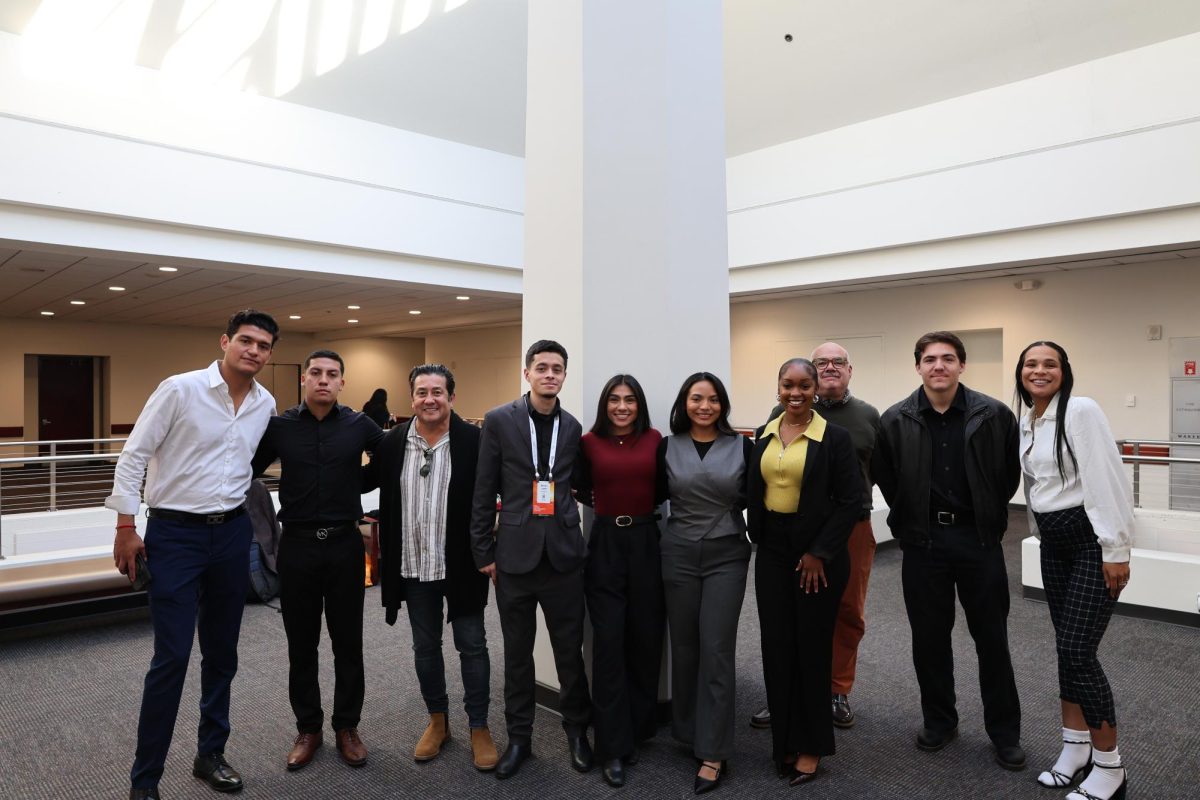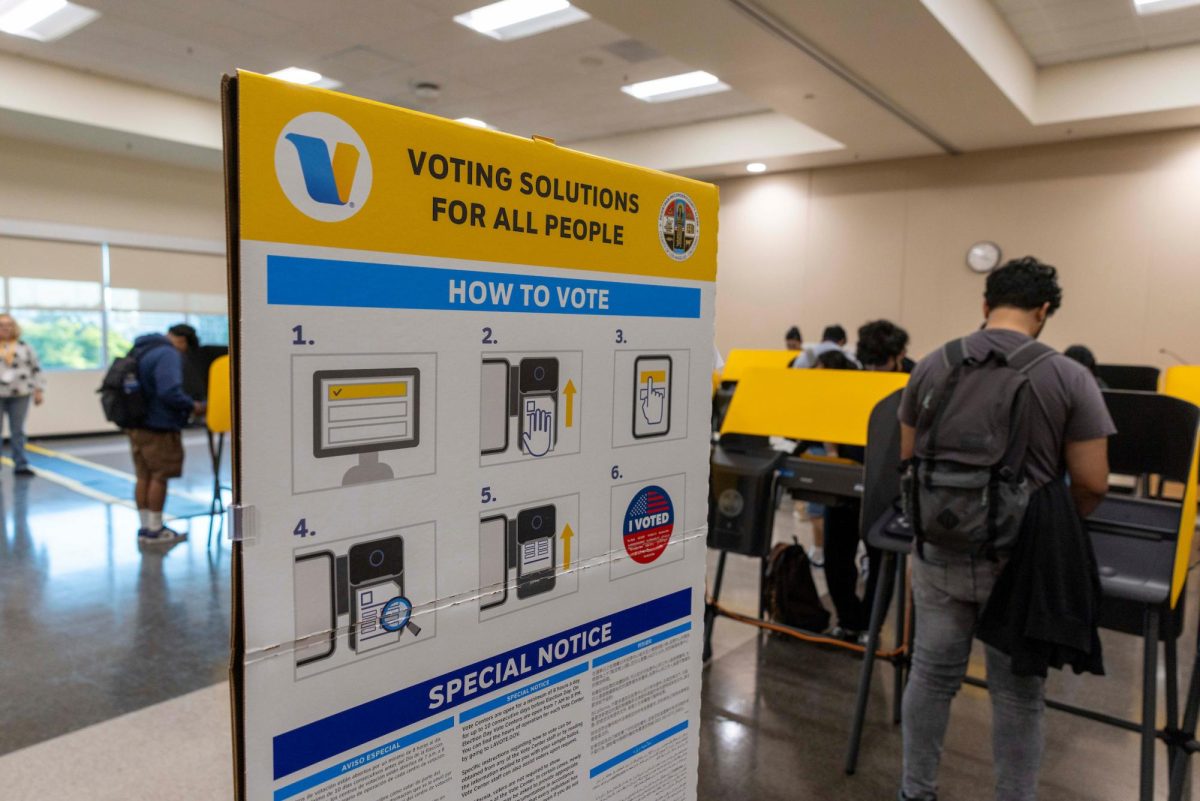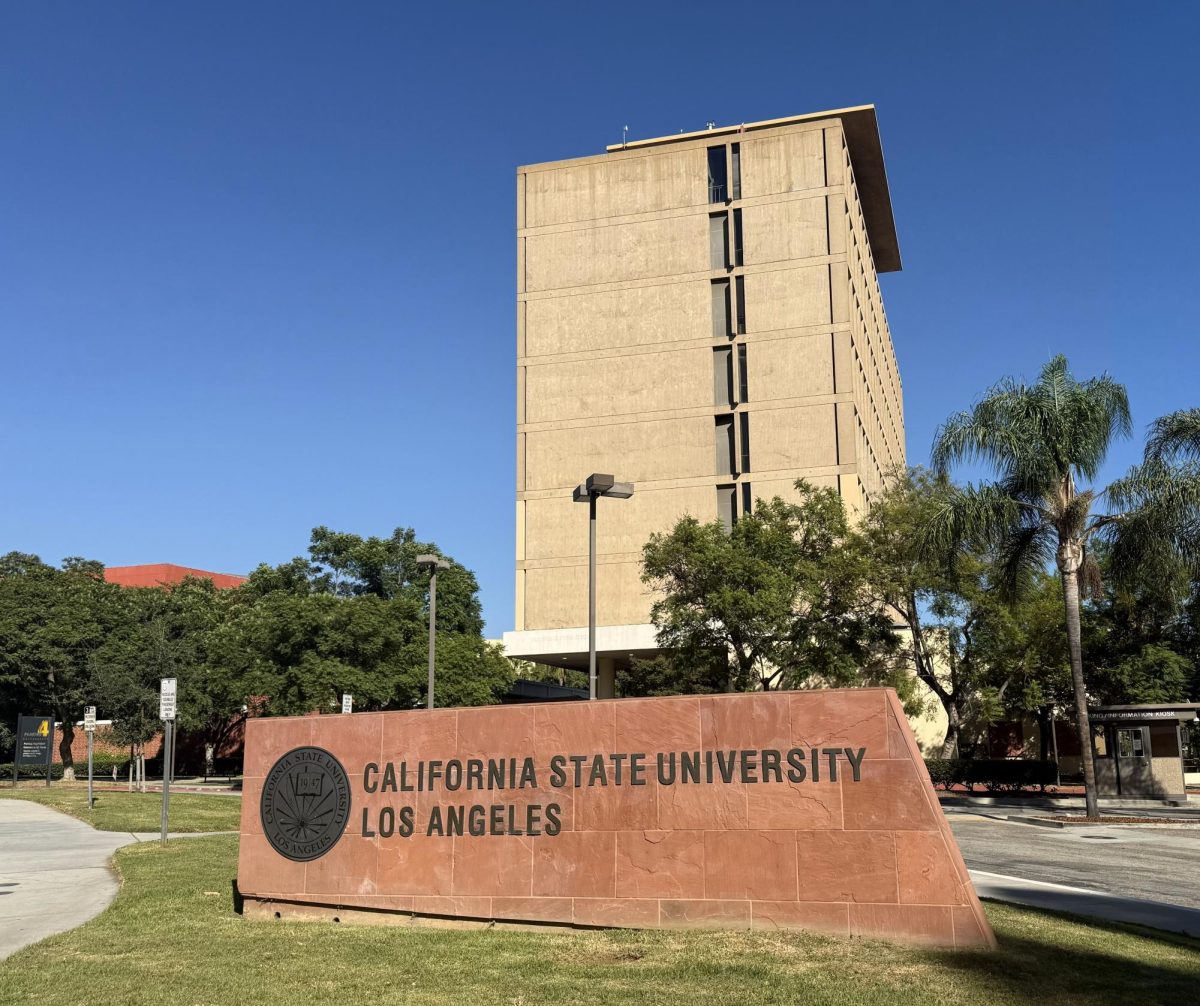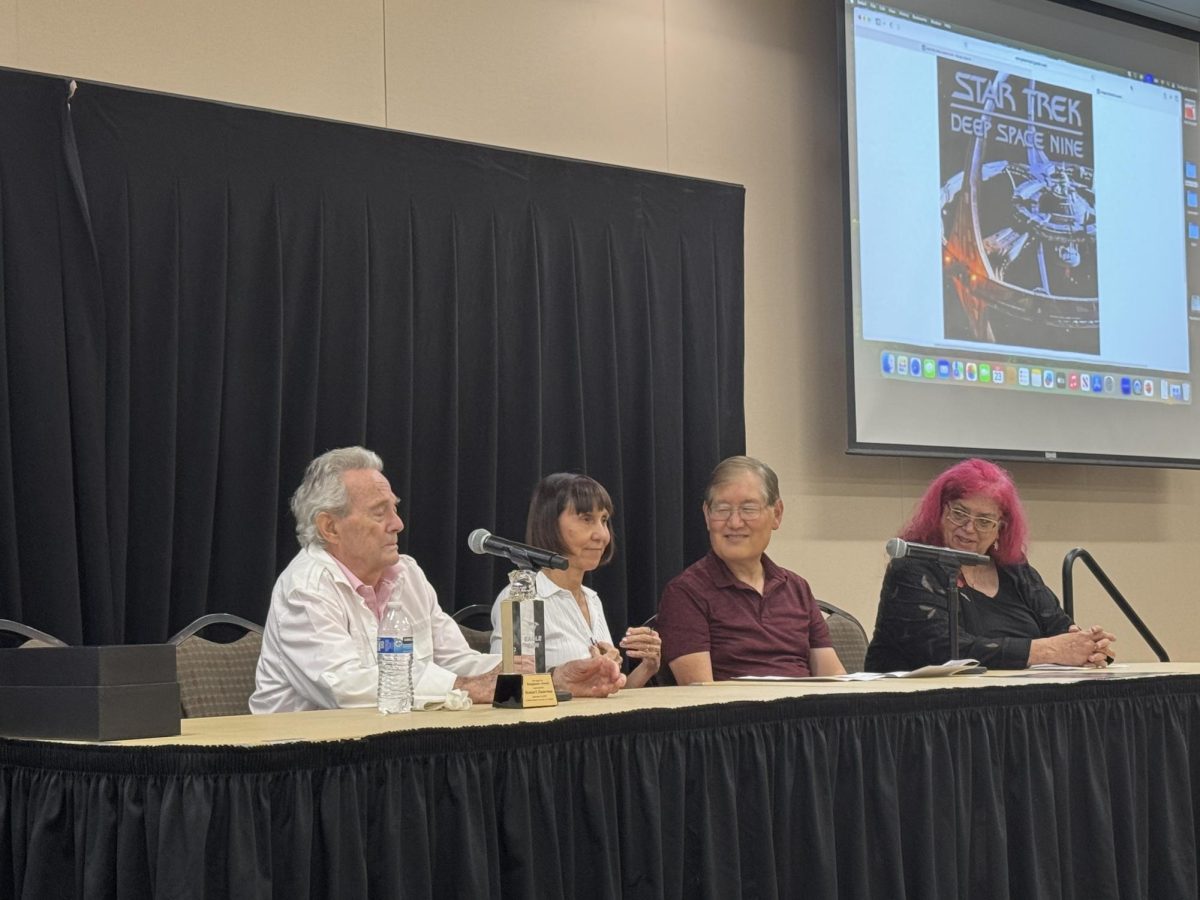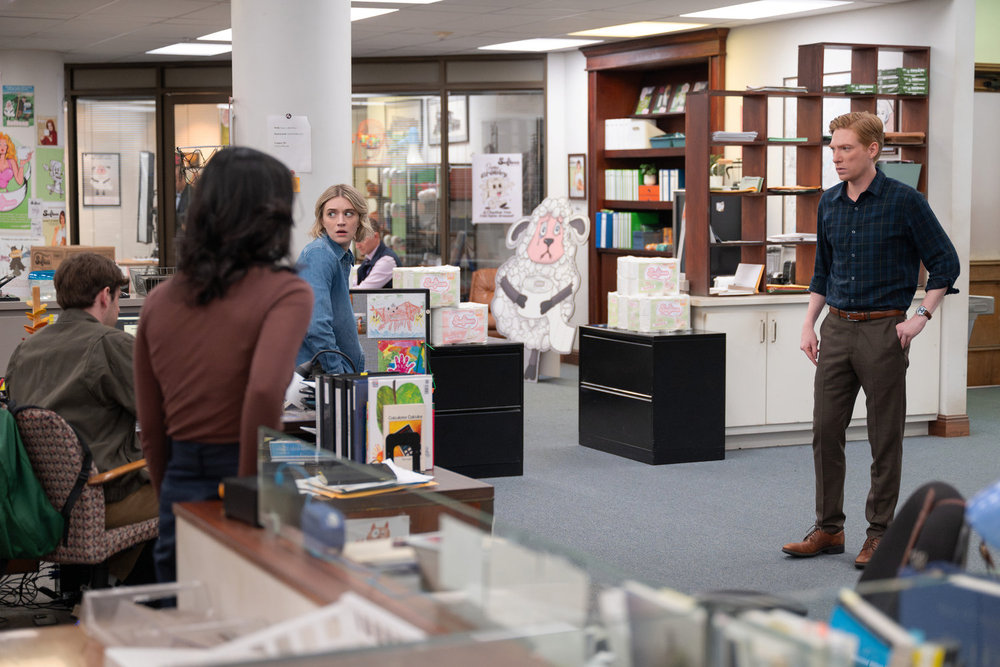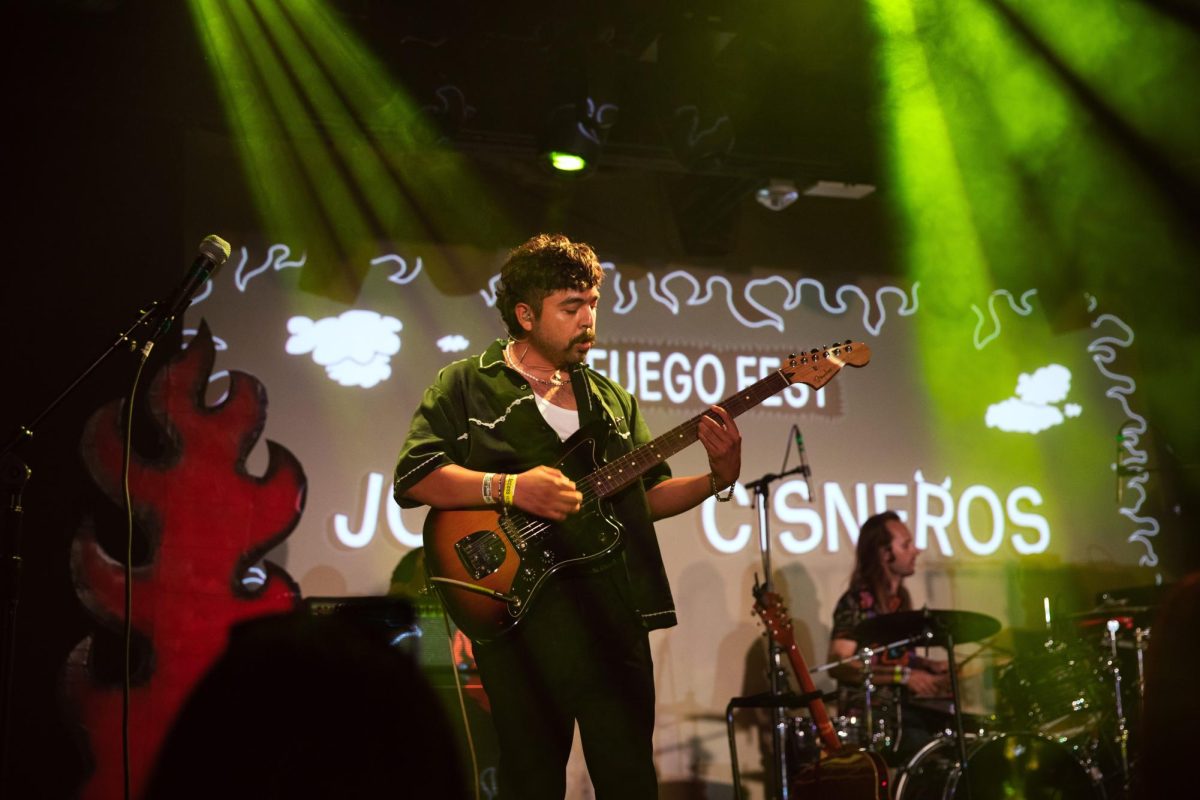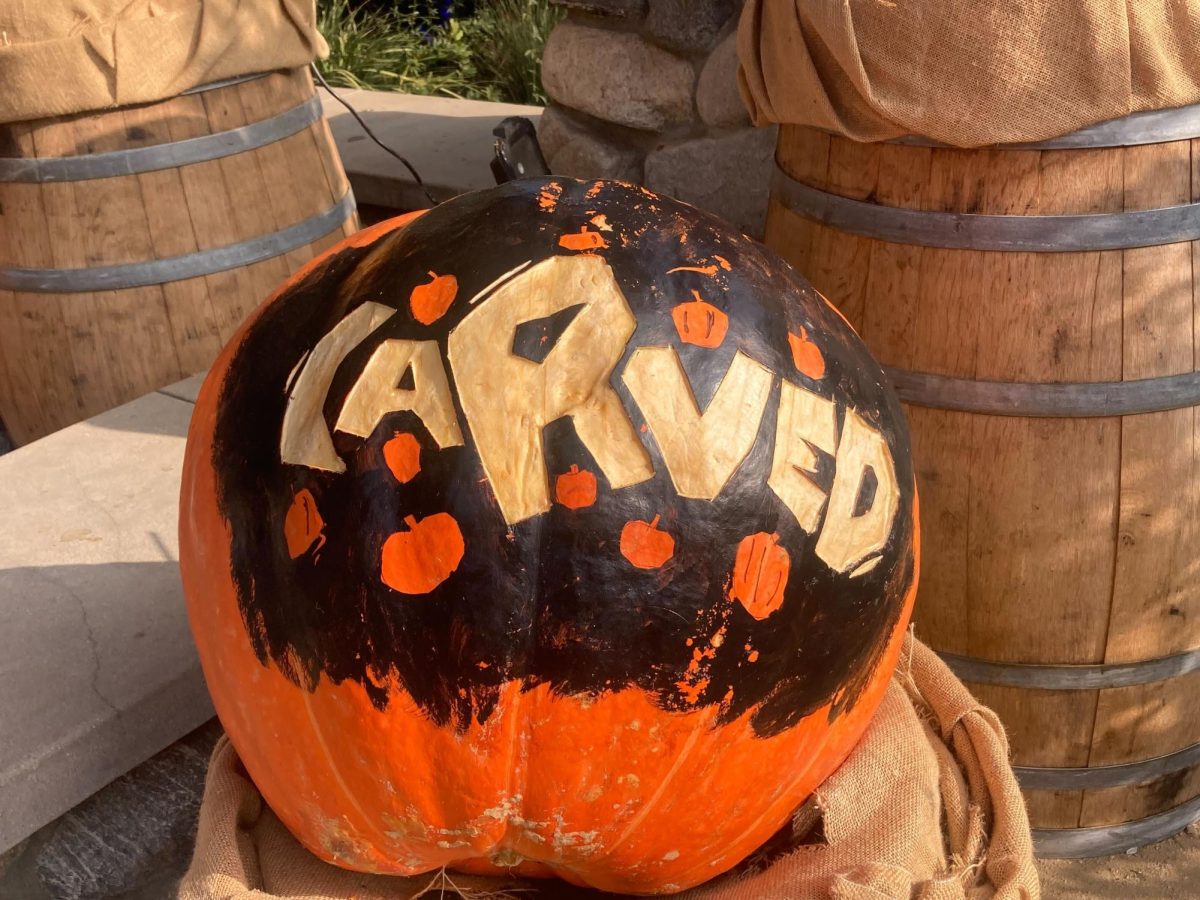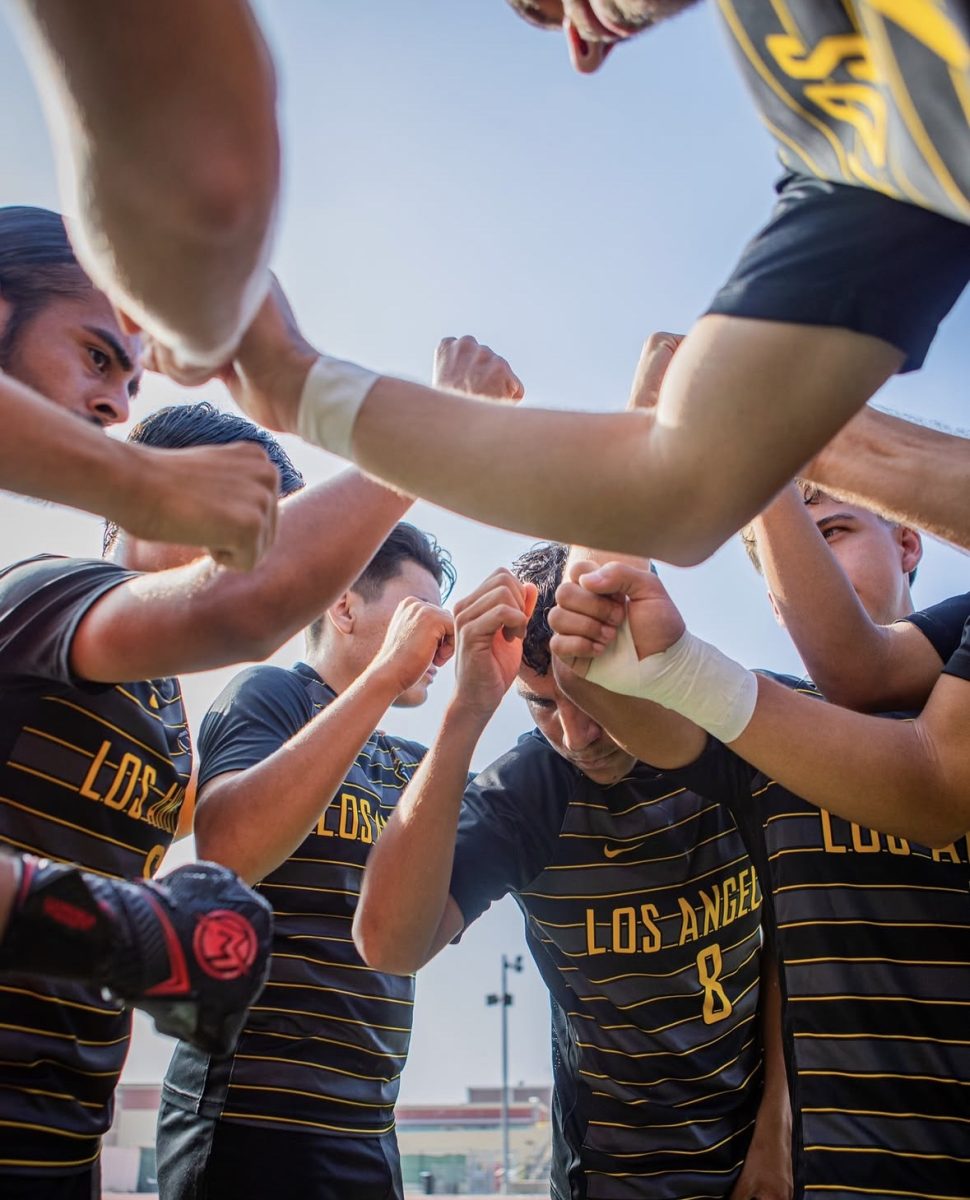Every week, 200 students are allowed to sign up and receive a bag of food from the Cal State LA food pantry.
“Students shouldn’t be forced to starve themselves, especially with their busy schedules,” said Nancy Sanchez, a graduate student majoring in anthropology with an archaeology concentration.
“The food pantry is free, and students should use this opportunity to gain food. It has benefited me… I have snacks on the go when I am on campus like the assortment of cheeses from Wisconsin, and I have been able to make my turkey wraps for school daily and make eggs for breakfast.”
Sanchez has received food like spam, rice, beans, pasta and tomato sauce, turkey breast slices, cheese, fruits, celery, and tortillas.
Although Sanchez finds the food pantry beneficial, Armenia Ward, a theater arts major, would rather go elsewhere to meet her food needs.
Ward is a vegetarian and chooses bags that provide her with different options. At Cal State LA, she has received items like a single carton of eggs, three small Nutella samples, a package of soy meat, a small tub of cereal, a single serving of lime chili flavored ramen noodles, three string cheeses, a couple of small potatoes and one red onion.
“One week I tried it out and quickly realized that I cannot rely on the CSULA pantry,” said Ward. “If I am short one week, I may just go to Karsh Center (on Wilshire) or SOVA WEST by Jewish Family Services Los Angeles (on Pico). If I’m going to take two buses somewhere, it has to be worth the trip.”
Ward goes to other food pantries because she said they provide better food options that are more beneficial for a college student. At the Karsh Center, they offer two bags of food and cleaning supplies. The bags offer a variety of dry goods and vegetables. The food pantry at East Los Angeles College provides boxes of dry pasta, cereal, ritz crackers, fruit cups, juice boxes and other non-perishable items.
The Cal State LA food pantry is designed to give students the option to make meals and provide them with snacks for the week. In the first week of sign-ups this semester, 354 students signed up, and the food pantry gave out 661 bags.
The food pantry on campus offers different assortments of foods like dairy products, grains, protein, fruits and vegetables. The food can last about three to four days, and students decide what to make with the food. Turkey wraps, like the ones Sanchez makes, or a breakfast bowl are some options students have.
Under a new model, the food pantry can now provide students with fresh food. Before the pandemic, only non-perishable items were provided.
Amanda Tapia, the catering and events manager for the University Auxiliary Services Inc. (UAS) dining services, who makes the bags for the food pantry, said this system benefits the students more.
“I try to keep it a mix of fresh produce and snacks/on-the-go items to accommodate all students’ needs,” said Tapia. “We do have to hit the five food groups for each bag: protein, fruits, vegetables, dairy, and grains, which provide a well-balanced bag to students.”
Tapia places orders and keeps the food items stocked. Partners at UAS handpick all the items for the bags, which Tapia then assembles.
“I have had students share with me pictures of what they made with the bag items,” she said. “They thank us in person or via notes when they order. For example, a note this week was, ‘Thank you very much for this opportunity, it really makes a difference for my savings.’”
The food pantry is a temporary food emergency service seeking to provide students with as much food as possible.
Students with any dietary restrictions can inform the staff at checkout. Tapia goes through notes left by students regarding dietary restrictions and accommodates their requests. The items are removed from the bag and replaced with other food they can enjoy.
Tapia says she receives notes like, “If there are eggs, replace them with other veggies of any kind.”
If a student is vegetarian, a bag containing items like fruits, vegetables, protein, dairy and grains will be made for them. The vegetarian bag has protein like soy chorizo or tofu. Under a partnership with a Trader Joe’s in South Pasadena, Tapia receives vegetarian and plant-based options to provide students with.
Cal State LA is one of 700 colleges across the United States to offer a food pantry for their students, with the one here on campus opening in the spring of 2017.
Frangelo Ayran, the associate dean of students for wellness and engagement, said that the food pantry is a “student resource that provides currently enrolled students with a free pre-filled food pantry bag intended to support their physical wellness.”
“In alignment with university and local city COVID-19 guidelines, the food pantry program, in partnership with University Auxiliary Services, will offer currently enrolled Cal State LA students with weekly in-person service of a pre-filled food pantry bag,” she continued.
To sign up for the food pantry services, you must provide your Cal State LA email address, full name, campus identification number (CIN), phone number and your year level. If your sign-up is successful, you will receive a confirmation email with a scheduled pickup time.
Sign-ups start every Monday from 9 a.m. and end at 12 p.m. on Thursday once the 200 spots are full. After the weekend, sign-ups will begin again the following week and will continue until Dec. 9.
Students will have until noon on Thursday of the sign-up week to select a food pantry bag and schedule their pickup. Pickups are available on Tuesday, Wednesday and Thursday from 8 a.m. to 1 p.m. at the UClub Togo in the Golden Eagle building food court.
Wearing a face mask is required when picking up the food. Once you arrive at the UClub Togo counter, give your name and let them know you are there for a pick up.
Curbside food pantry pickups are no longer available. At this moment, the food pantry is not accepting donations.

